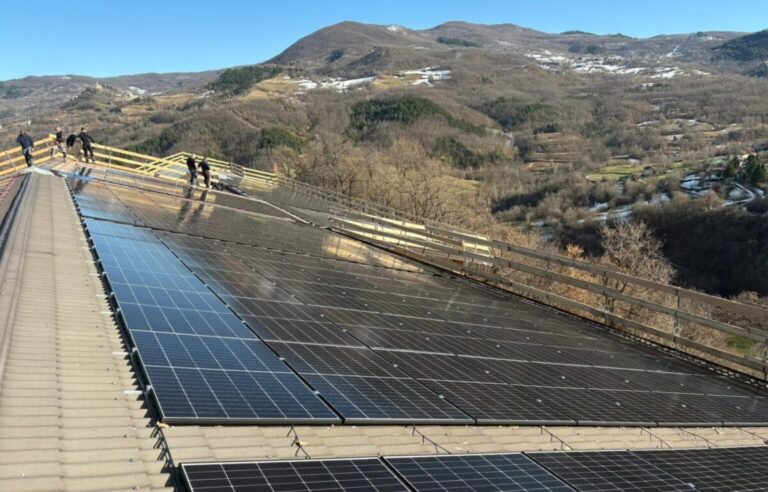New research from France suggests that energy communities can benefit from dedicated community managers to tackle operational complexities. Researchers say that this role could offer contracts or guarantees to facilitate concern for risk -aging members.
Researchers from Grenoble Ecole De Management in France claim that energy communities (EC) need community managers or coordinators to maintain stability and manage risks.
‘In view of the complexity of sharing risks and value between members, the community manager must have financial and economic skills and ideally have to work for various communities, ”said researcher Ibrahim Abada PV -Magazine. “The manager can be part of a community, but not necessarily. I see this role as a service that can be offered to communities. “
The research team said in “Risks in energy communities” – Recently published in the European Journal of Operational Research – That they modeled and simulated on PV -based energy communities that are confronted with production and reward risks.
“Our research indeed shows that only communities with members with similar risk preferences can be stable,” said Abada. “This indicates that only small communities can prevail in the future. Otherwise, some members may find it too risky or not enough profitable to participate. The research shows how designing specific insurance or contracts can help the most risk -aging members to reassure so that they can join the project, which is a natural way to overcome the barriers. Here too, such instruments can be developed by specific agencies that can offer their products to many energy communities. “
The modeling was based on a stochastic cooperative game-theoretical approach, taking into account shared PV system costs and taking the operation under a net measurement regime, with surplus electricity sold to the grid. Stochastic games include decision -making under uncertainty, combining elements of skill and chance.
“Our model strives to take into account the impact of individual and collective risk aversion on investment decisions in the Solar Community Project and the possibility that, given their attitude towards risks, some members who are not satisfied with the share of the (random) Value they receive from the project can always leave the community and ultimately a smaller forms themselves, “the scientists said.
The modeling showed that risk remains an important barrier for the development of the energy community, regardless of complexity. It also showed that consumers have different levels of risk aversion, in particular with regard to sharing fair profit within the community.
“This issue occurs, because members whose risk aversion is relatively weak, prefer the pursuit of individual investments above limiting the risks imposed by other members of the community,” said the academics. “This problem emphasizes the complicated dynamics associated with risk aversion within ECS and underlines the need for thoughtful strategies to meet these challenges and to promote successful cooperation and investments within such communities.”
The academics also noted the importance of members of the energy community community by limiting risks or developing suitable regulations for sharing risks. They said they are planning to evaluate risks in energy communities equipped with storage and to assess the impact of coordination costs and economies of scale on project stability.
This content is protected by copyright and may not be reused. If you want to work with us and reuse part of our content, please contact: editors@pv-magazine.com.


